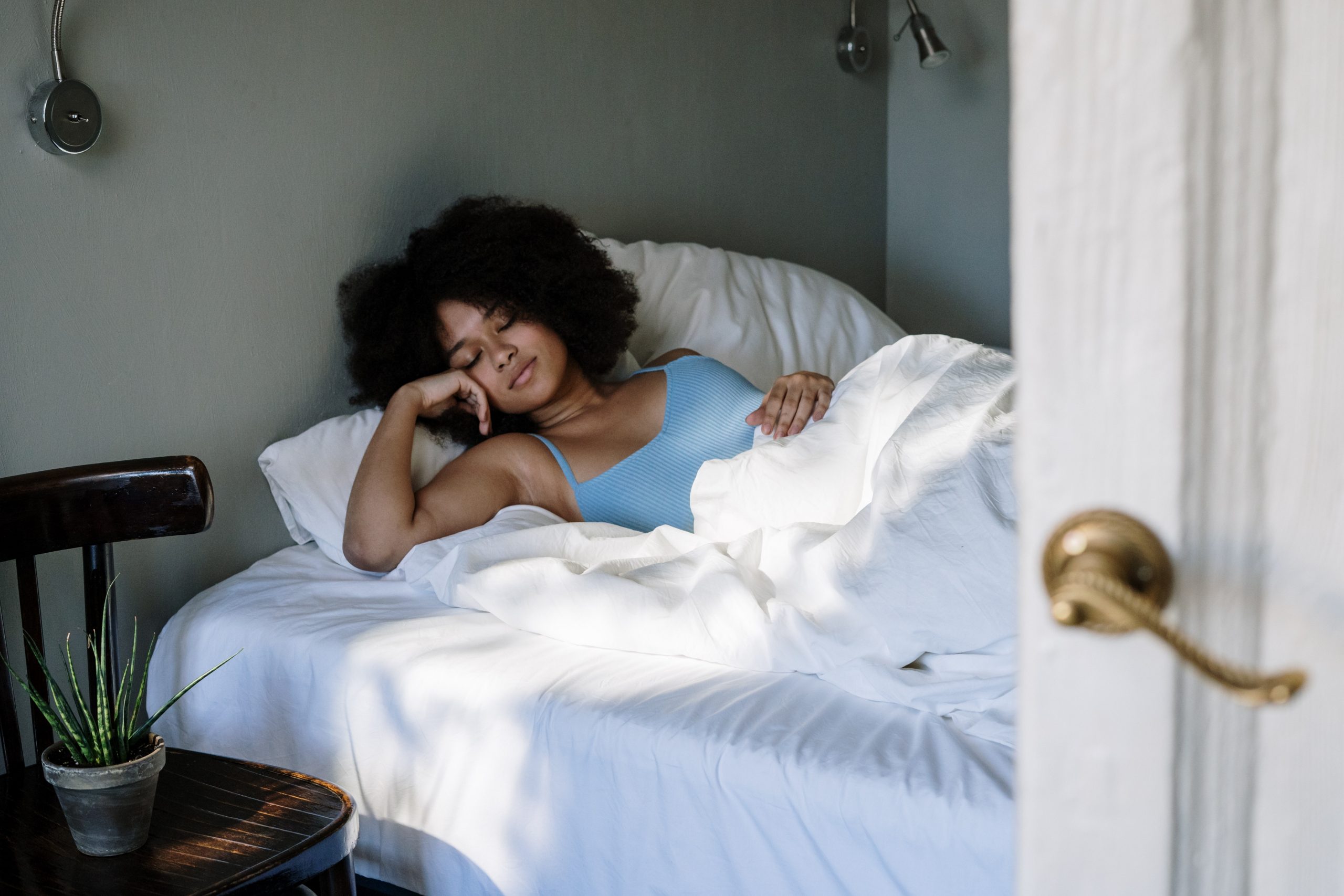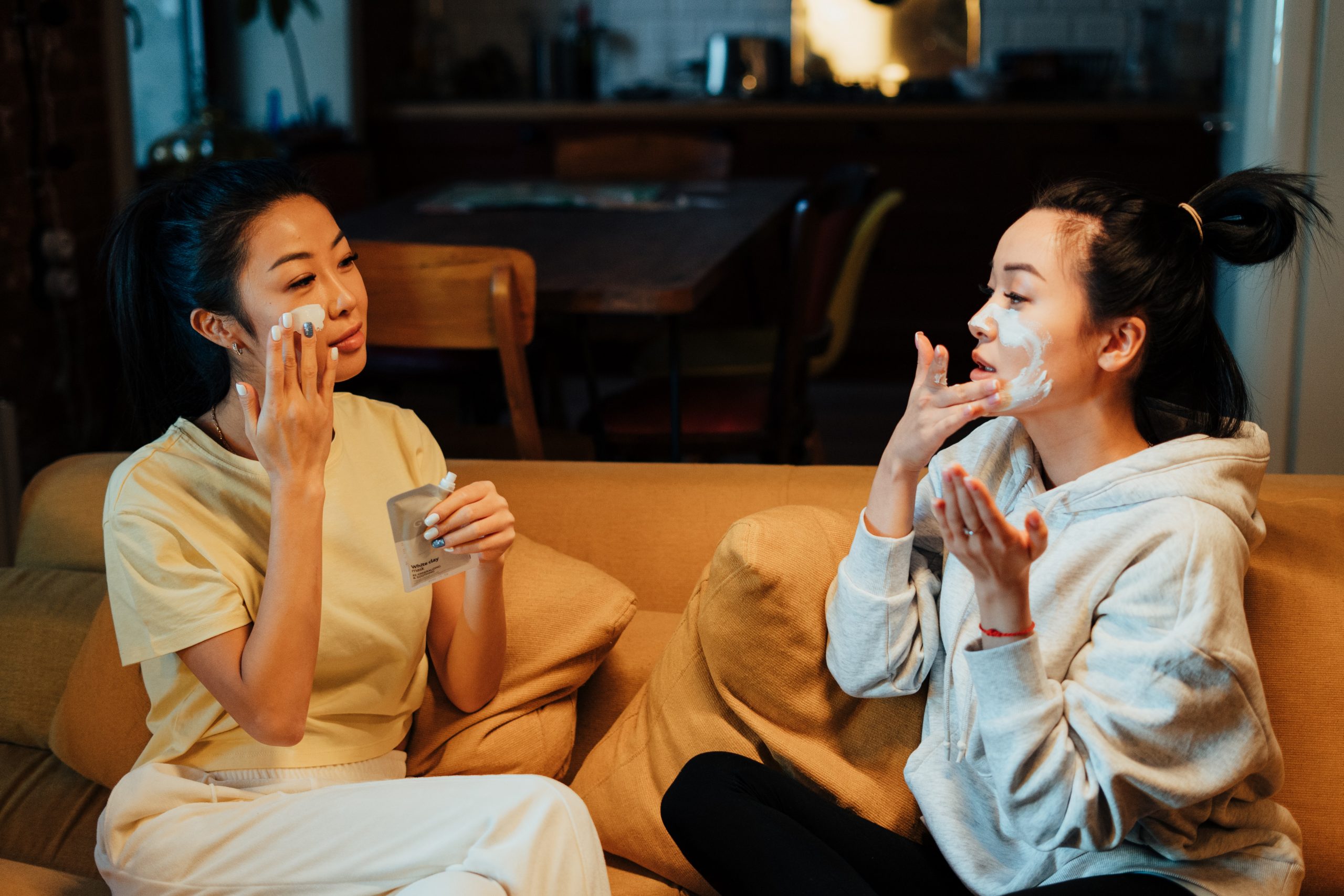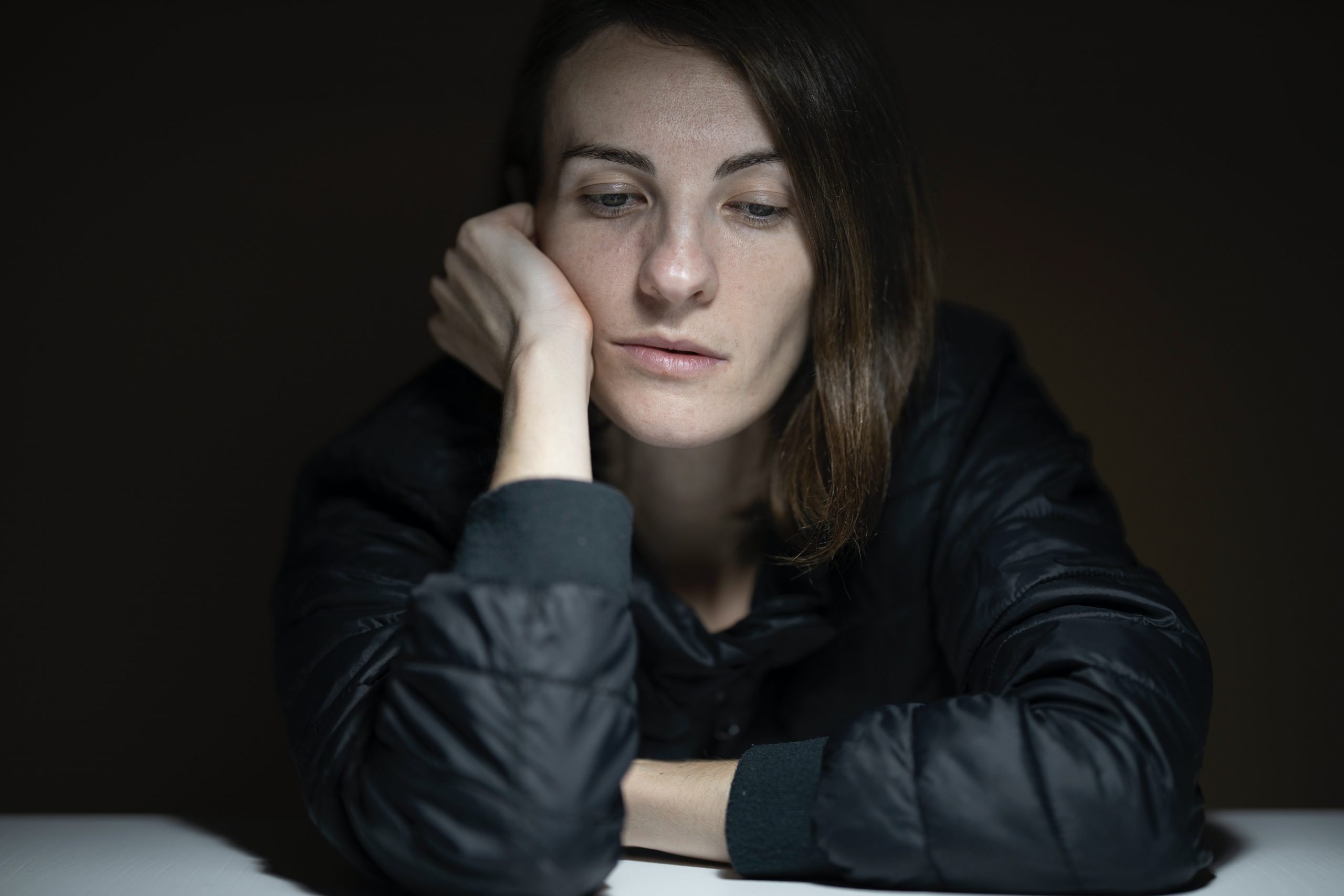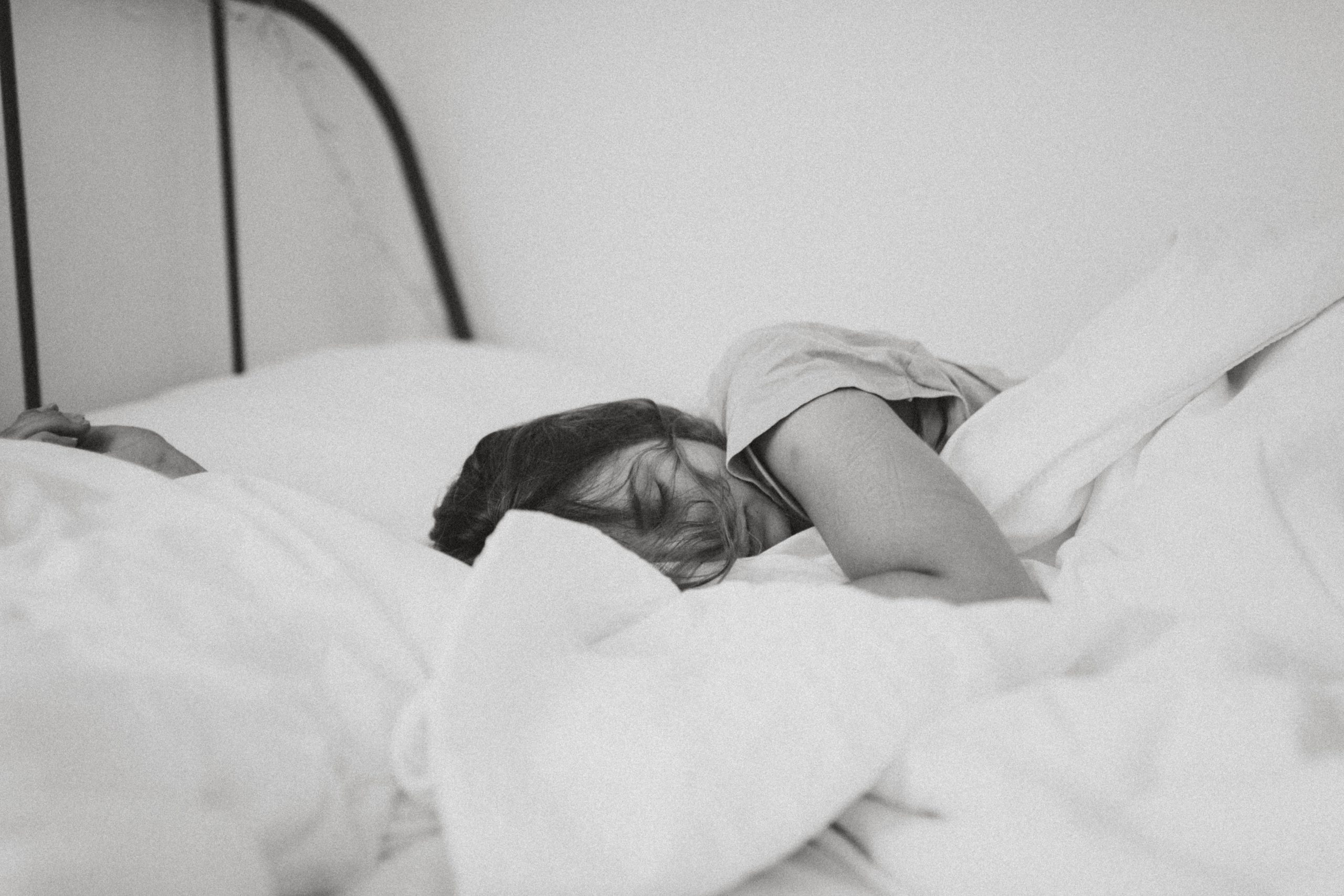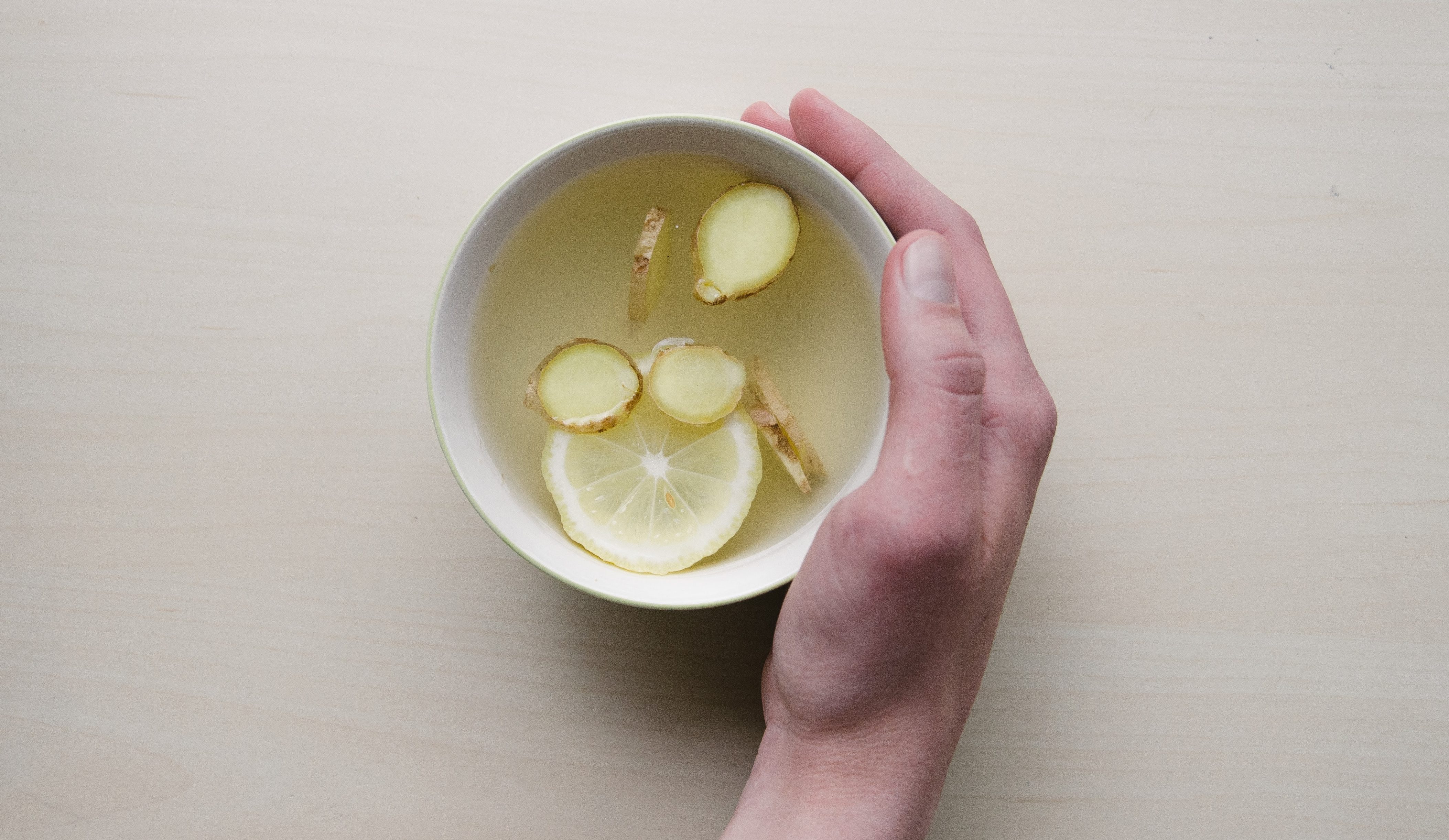Rest is a vital aspect of self care. In fact, people who regularly sleep 6 to 7 hours per night tend to live longer than those who sleep fewer hours — and longer even those who get too much sleep. For many of us, however, falling and staying asleep is not that easy. In fact, the Centres for Disease Control and Prevention (CDC) suggests that as many as one in three people regularly aren’t getting enough sleep.
We have stressful lives at the best of times, and the increased anxiety around the COVID-19 pandemic certainly isn’t helping. However, it’s important to prioritize getting enough rest. One effective way you can improve your sleep quality is to try setting yourself a bedtime routine.
What is sleep hygiene?
You probably remember your bedtime routine from when you were a kid. Going through the motions of a bath, getting into bed, a story, and saying goodnight told your brain it was the end of the day and time to switch off. Putting healthy end-of-day practices into place works for adults too and is sometimes called “sleep hygiene”.
If you’re not getting as much quality sleep as you would like, a half-hour to one-hour bedtime routine could be just what you need. This can involve doing some relaxing activities such as meditation or journaling that you’ll likely find are effective for getting you into a restful state.
In this article, we have some ideas for relaxing activities you may wish to try out when you’re creating your own bedtime routine for adults.
Drink a hot cup of tea
Many people find it calming to drink a hot cup of tea before getting in bed. Just make sure the tea you choose for your evening drink is caffeine-free. It’s also best to avoid adding sugar as this can promote wakefulness. A gentle herbal tea is the perfect drink to sip before bed.
Chamomile is commonly regarded as a mild sedative and is therefore one of the most popular nighttime teas. It contains high levels of apigenin, an antioxidant which boosts your sleep-initiating brain receptors.
Several studies suggest that chamomile is effective for aiding a good night’s sleep. For instance, a study of postpartum women who were struggling to get enough sleep found that drinking chamomile tea nightly over a 2-week period significantly improved their sleep quality.
Other herbal teas, such as passionflower, lemon balm and valerian root, are also great options. These teas increase the brain’s levels of gamma-aminobutyric acid (commonly abbreviated to GABA). GABA is a neurotransmitter which can cause sleepiness when present in high levels.
Along with the brain chemical benefits, even the act of making and drinking a steamy cup of tea is an excellent way to relax at the end of a long day. Inhaling the calming herbal aromas is a well-known method for telling your brain and body that it’s time for bed.
READ ALSO: 6 TEAS TO HELP YOU SLEEP
Read a book
A story before bed isn’t just for kids. Reading a good book distracts you from any worries and thoughts you may be holding onto from your day. It is also a great way to keep yourself away from your phone, because let’s face it, we can all be guilty of scrolling through Instagram in bed.
Reading is a great addition to anyone’s bedtime ritual but is particularly useful if you find that your sleep problems are connected to feelings of stress. A study from the University of Sussex found that reading can reduce your stress levels by 68%. And, you can get these benefits from reading for a period as short as six minutes.
Reading an enjoyable book is a highly effective way to relax your mind and put you in a dreamy state — ready for a night of quality sleep.
Try a mind-body practice such as yoga
A mind-body practice is one that uses the body to calm the mind (and vice versa). These activities include yoga, meditation, acupuncture, tai chi, hypnosis, and many others. They are very useful for winding down at the end of the day as they activate the body’s parasympathetic nervous system, in turn triggering the body’s natural relaxation response.
Since its origins in India more than 5,000 years ago, yoga has become one of the most well-known mind-body practices and is now popular all over the world. The quintessential yoga text, the Yoga Sutra, described yoga as “the quieting of the fluctuations of the mind.” Through various poses, we can increase awareness of ourselves. This has a calming effect, and many people enjoy doing a few yoga poses to relax before heading to bed.
There is an abundance of helpful books and resources about yoga to help you learn more about the different types you can try, from hatha to vinyasa to yin. There are also many free online yoga classes available on YouTube. These gained popularity during pandemic restrictions as people looked for creative ways to stay active and calm while stuck at home.
Meditation: a popular mind-body practice
Meditation is sometimes called mindfulness and is a deep type of self-reflection. Everyone meditates differently, but it generally involves relaxing and observing each thought that passes through the mind. It’s an important aspect of meditation to avoid judging these thoughts, but to simply notice and accept them for what they are.
Research has found that mindfulness can change the structure and function of the brain as well as positively affect our response to stress. This practice has significant impacts on both physical and emotional health.
Many people enjoy practising meditation before bed. You can do this alone or in a guided form via an app such as Headspace, Calm, or Insight Timer. This is a great way to relax and let go of any thoughts and feelings you may have about what’s happened during the day.
Write down your thoughts
Much like meditation, journaling is a good way to reflect on the day and let go of any thoughts that are preventing your mind from switching off. Journaling helps you to sort out your ideas, emotions and feelings before bed. If you’re someone who likes putting your thoughts down on paper, journaling is likely to be a very useful addition to your bedtime routine.
Journaling is totally freeform — remember that there are no rules, and you can journal about anything you like. You may even find that simply writing a to-do list for your next day’s tasks or errands is helpful in falling asleep. Committing them to paper (or a note on your phone) help to clear the clutter and distractions in your brain you as you try to relax.
Take a warm bath or shower
Scientific studies show that a warm bath or shower before bed is a great way to tell your body it’s time to rest. People assume this is because it gets you nice and warm for bed, but it’s actually the opposite that is true.
“We know that your core body temperature needs to drop by about 2 to 3 degrees Fahrenheit to initiate good sleep and then maintain deep sleep,” says Matthew Walker, a neuroscientist and sleep specialist at the University of Berkeley.
When you get out of the hot water, your body temperature cools down sending a circadian rhythm signal to your brain that it’s time for bed. A review of 17 studies shows a 10-minute bath or shower of about 104 degrees Fahrenheit (or 40 degrees Celsius) before bedtime greatly improves sleep quality. And, a warm bath reliably helps people fall asleep only seven minutes slower than the popular sleep medication Ambien, but without risk of chemical dependency[3].
More natural tips for quality sleep
Our brains thrive on routine and regularity, and building a bedtime routine is a highly effective way to tell your body that it’s the end of the day and time to relax.
Remember that what works for you may be different for someone else. If you don’t enjoy the feeling of a bath, don’t take one. If you’re a yoga lover, be sure to allow time for you to do your favorite poses before getting under the covers.
However, there are a few key things to remember which apply to everyone when creating a bedtime routine. First, decide on a set time to head to the bedroom. Going to sleep and getting up at the same time every day is shown to be beneficial when it comes to maintaining consistent and quality sleep.
Another key tip (which most people are already aware of but is always important to be remember): it’s best to avoid electronics for at least an hour before bed. Yes, this is hard to do in our uber-connected lives. The blue light of the screen tricks the brain into thinking it’s daytime, which is definitely not helpful if you’re trying to get some rest. Even your phones “night mode” may be preventing you from achieving deep, restful sleep.
Sticking to a consistent, phone-free bedtime routine for adults is a great way to keep up on your self care. Calming your body and mind with your favorite restful activities will help you get a quality night’s sleep, sustaining your body and helping you stay on top of life’s challenges.
